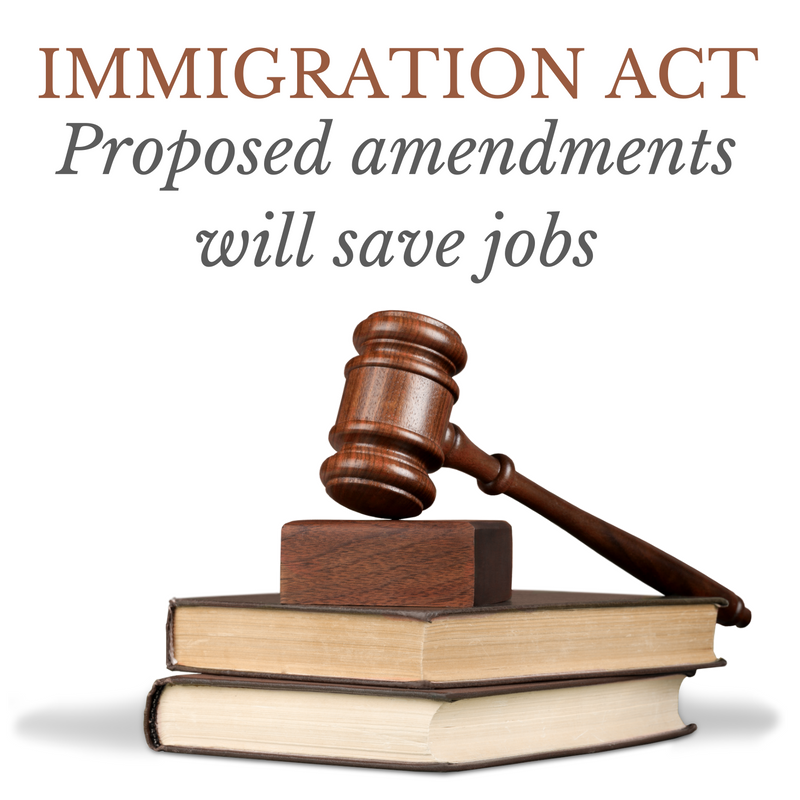Proposed amendments to Immigration Act will save jobs – James Vos
The recently tabled Draft First Amendment of the Immigration Regulations made under the Immigration Act by the Department of Home Affairs (DHA), does nothing to address the loss of jobs in the tourism industry, including concerns raised by the tourism industry, government departments and opposition parties.



